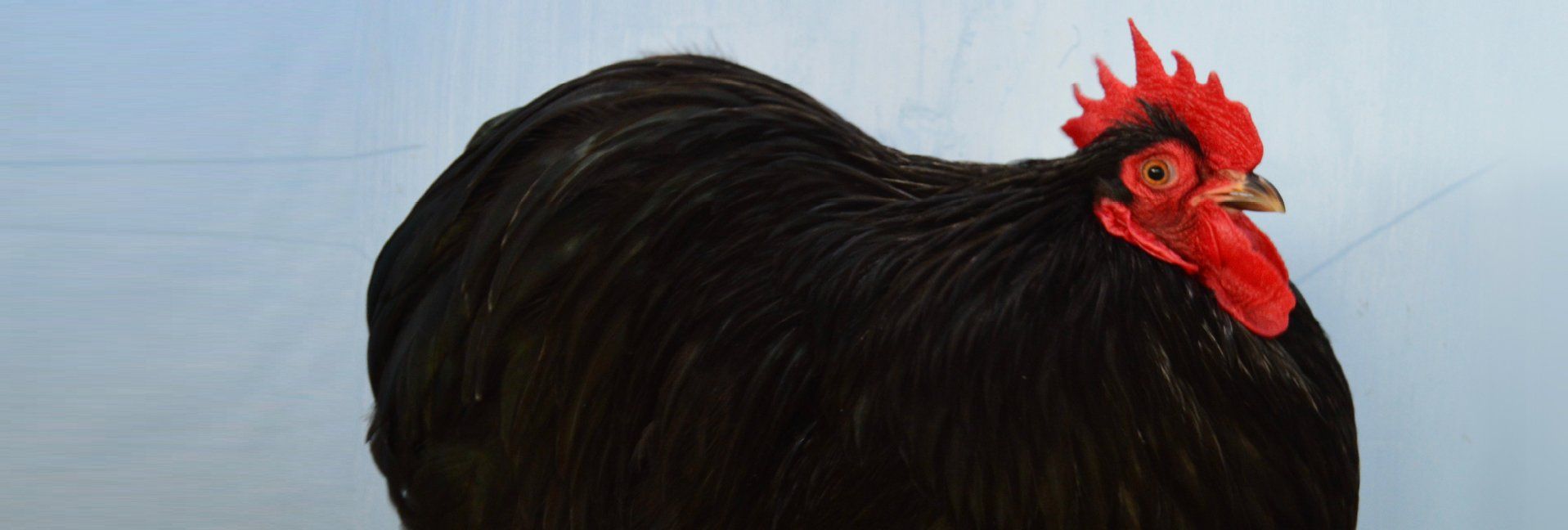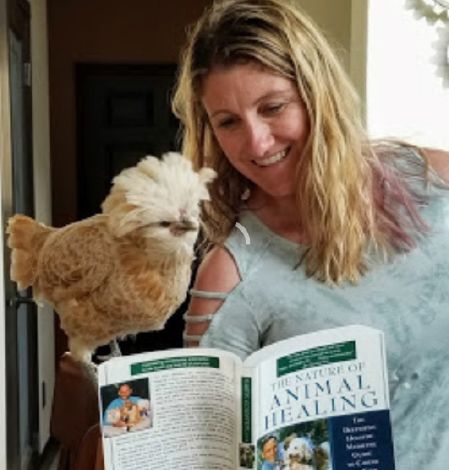The Gentle Giant of the Coop


If you are looking to add some stateliness, beauty, and tenderness to your flock, look no further than a Cochin. These large, lovely birds are quite an eye-catcher with their sophisticated composure and heavily-feathered feet. Plus, they are one of the friendliest and gentlest breeds of poultry out there. They tend to be quiet and submissive in the coop, yet enjoy sitting on their human’s lap for some attention. Overall, these big gals are just a wonderful addition to any backyard flock.
This breed originally came from China. They passed through Europe and we were lucky enough to have them end up in North America during the 1840’s.
Large, kind, and beautiful…but broody
Cochins are quite large, with the hens weighing in at a hefty 8 pounds and roosters around 11 pounds. They can look even larger due to their abundance of fluffy feathers that cover them from beak to toe!
Despite their intimidating bulk, Cochins are extremely docile and child-friendly. They are very modest and passive in the coop and easy to handle. This makes them perfect hens for a beginner backyard chicken farmer. Cochins are also quite lazy. While the rest of your flock is off chasing grasshoppers or digging up your garden for scrumptious goodies, these languid chickens prefer to live the easy life and just peck at the feeder. They don’t get too riled up if they must be confined to the coop for any reason—they just ask for plenty of food to keep them entertained.
Cochins’ only downside, if you want to call it that, is they are prone to being broody. This makes them fantastic mothers! They seem to be the happiest when they are raising a new brood of chicks, whether it be their own or fosters.
Because of their bulk, Cochins can easily incubate up to a dozen eggs at a time
They are incredibly beautiful and come in a huge variety of colors from iridescent black to gold or silver laced, blue, buff, pure white, red, and still more.
They have it all, really: The looks, the personality and the strong motherly instinct.
Are they good layers?
Because Cochins are so busy raising happy, healthy chicks, their egg production may not be the highest in your flock. On average, Cochins lay around 160-180 eggs per year.
Most farmers add these chickens to their flock because of their temperament and maternal instinct, not their egg count. But the eggs you will get will be attractively deep brown, medium-sized and tasty!
Cold weather? No problem
The sheer magnitude of feathers that Cochins boast should tell you that they fair quite well in blustery weather. They only thing to consider are their combs. Most hens will have modest combs, but the rooster’s luxurious crown may suffer from frostbite.
Keep a jar of Vaseline on hand to stave off the wintery hardship of frostbite
Overall, though, these robust birds will have no problem when the temperatures dip. In fact, you may see some of your less-frocked flock members cuddling close to their Cochin buddy for warmth!
Chickens in general do not bode well in wet or muddy conditions, but Cochins have an especially hard time. Imagine having to run through tall grass while wearing soaking wet bell bottoms—this is how your fluffy friend must feel when their copious leg feathers get sodden or muddy. Clean them off as best you can and towel-dry them.
Enjoy Cochin chill
Overall, these lovely chickens will be a perfect addition to almost any backyard flock, especially if you need a nanny for new chicks. Cochins may not give you an abundance of eggs; but their docile, lazy nature can be a reminder for you to just take it easy and enjoy the simple things in life. Like a nap in the sun.
Tags:Chicken Chatter

Acreage Life is part of the Catalyst Communications Network publication family.
















